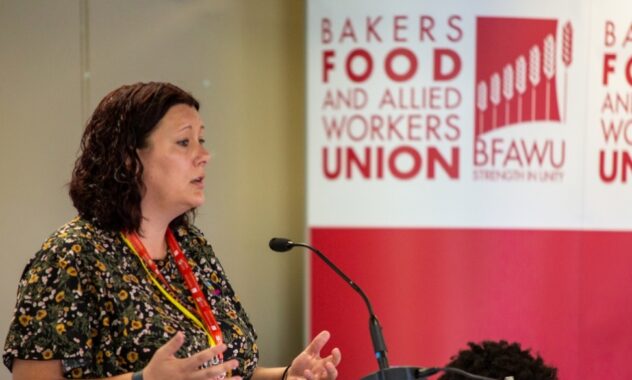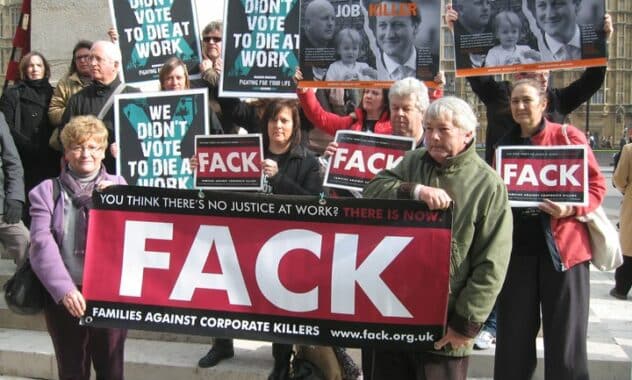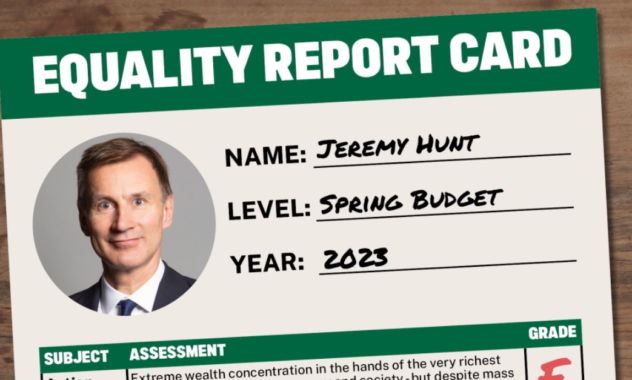Statistics watchdog: PM repeatedly misled Parliament on child poverty
The Office for Statistics Regulation said Boris Johnson has repeatedly used inaccurate child poverty figures.

The Office for Statistics Regulation (OSR) has confirmed campaigners’ fears that the Prime Minister is misleading Parliament on the depth of child poverty.
In correspondence with the End Child Poverty coalition, Director General for Regulation at the OSR, Ed Humpherson, said a statement made by Boris Johnson on the BBC’s Andrew Marr Show and two further statements made during Prime Minister’s Questions in the House of Commons, were “incorrect”.
The original complaint to the OSR – from Anna Feuchtwang, Chair of the End Child Poverty Coalition – detailed the consistent downplaying of child poverty in the UK.
On the Andrew Marr show during the election campaign of December 2019, Johnson said that “there are 400,000 fewer children in poverty than there were in 2010”.
Feuchtwang pointed out that:
“Even using the most favourable baseline year for the government, 2009/10, [statistics] showed child poverty had risen by 400,000 (BHC) and 200,000 (AHC) on the headline relative child poverty figure.
“On absolute child poverty, the measures showed no change (BHC) and a small fall of 100,000 (AHC) – a historically weak performance.
“The material deprivation figures showed a fall of 100,000 (low income) and a rise of 200,000 for severe low income since 2010/11 – when the new suite of questions was introduced.”
Johnson repeated his claim that child poverty had fallen since 2010 in the House of Commons when he accused the Social Mobility Commission of being “completely wrong” in their assertion that it had in fact risen by 600,000 since 2012.
Calculations made by the End Child Poverty Coalition confirmed that the Social Mobility Commission was in fact correct and this has now been backed up by the OSR.
On 24 June, Johnson was invited to correct his mistakes on child poverty statistics in the House of Commons, but chose instead to double-down.
“I am concerned that the manner in which official child poverty statistics are used in high profile statements by government ministers is liable to mislead the public and undermine the integrity of official statistics,” Feuchtwang told the OSR.
“The child poverty debate is a matter of significant public interest. Even allowing for the cut and thrust of politics, especially at PMQs, it is misleading for the public and damaging to the integrity of official statistics if these figures are … selectively used … dismissed as ‘completely wrong’ … [or] inaccurately used,” she added.
In response to her letter, Ed Humpherson said: “Our team has investigated the statements which you highlight (and has reached the same conclusion that these statements are incorrect).”
He promised to “bring to the attention of the team that prepares briefing for Prime Minister’s Questions” a blog that sets out “the current landscape of statistics on poverty” and his plans to launch a “systemic review on the coherence of poverty statistics later this year”.
Although the End Child Poverty coalition welcomed the confirmation of their suspicions, they stressed that the response from the OSR had also raised concerns.
Unlike previous complaints and correspondences, the OSR opted not to publish its findings on the government’s use of inaccurate child poverty statistics on its website and did not appear to directly alert any person in government as to their error.
This is despite the fact that OSR’s vision document states: “Where the concerns are material or bear on a matter of significant public interest, we publish our conclusions.”
Further, Feuchtwang brought the OSR to task on the lack of subtance in its response to a complaint as serious as a Prime Minister repeatedly misleading the public and Parliament on matters of considerable public interest.
She blasted Humperson for the “single, 20-word sentence engaging with the complaint. I do not regard this as adequate or appropriate”.







